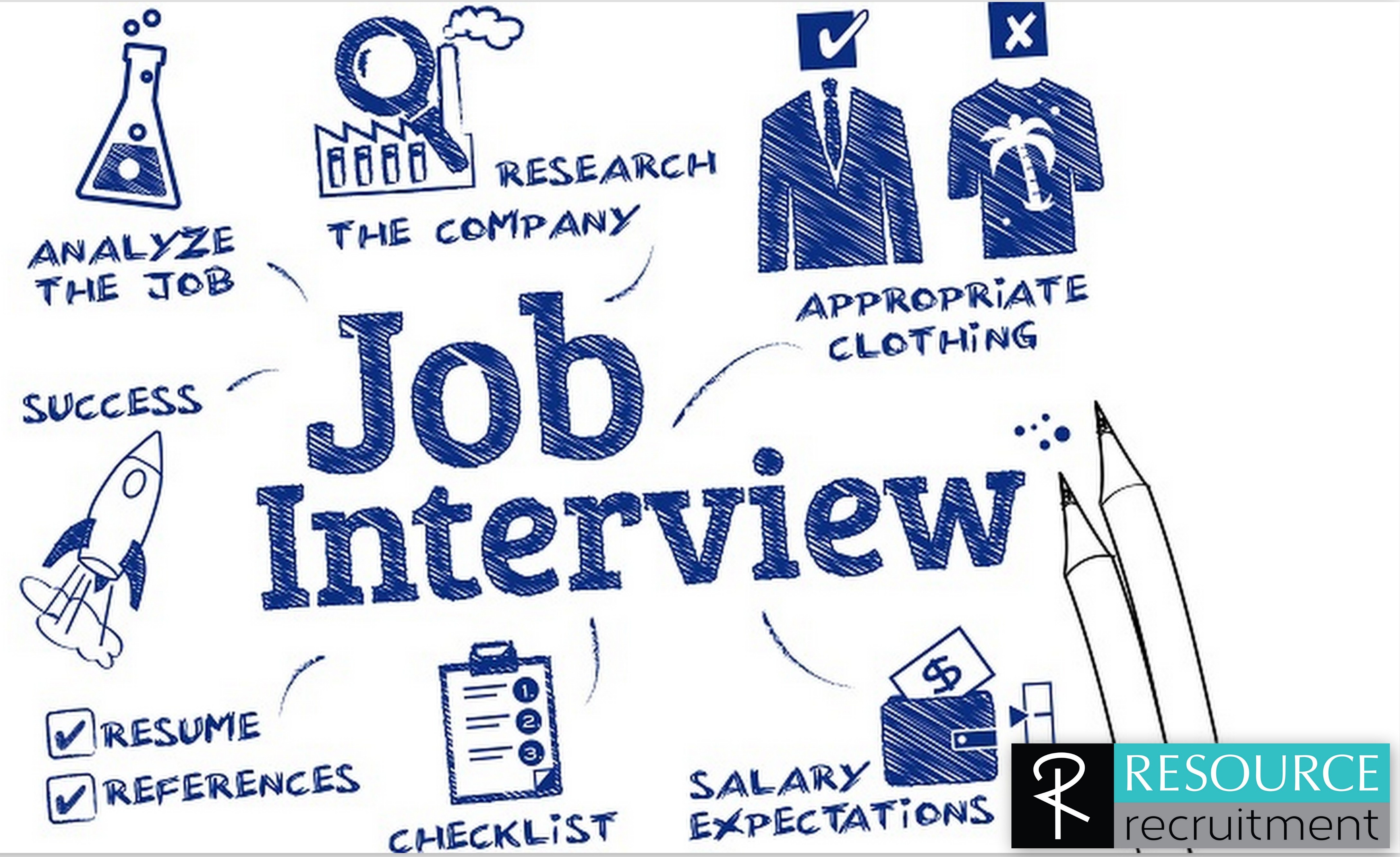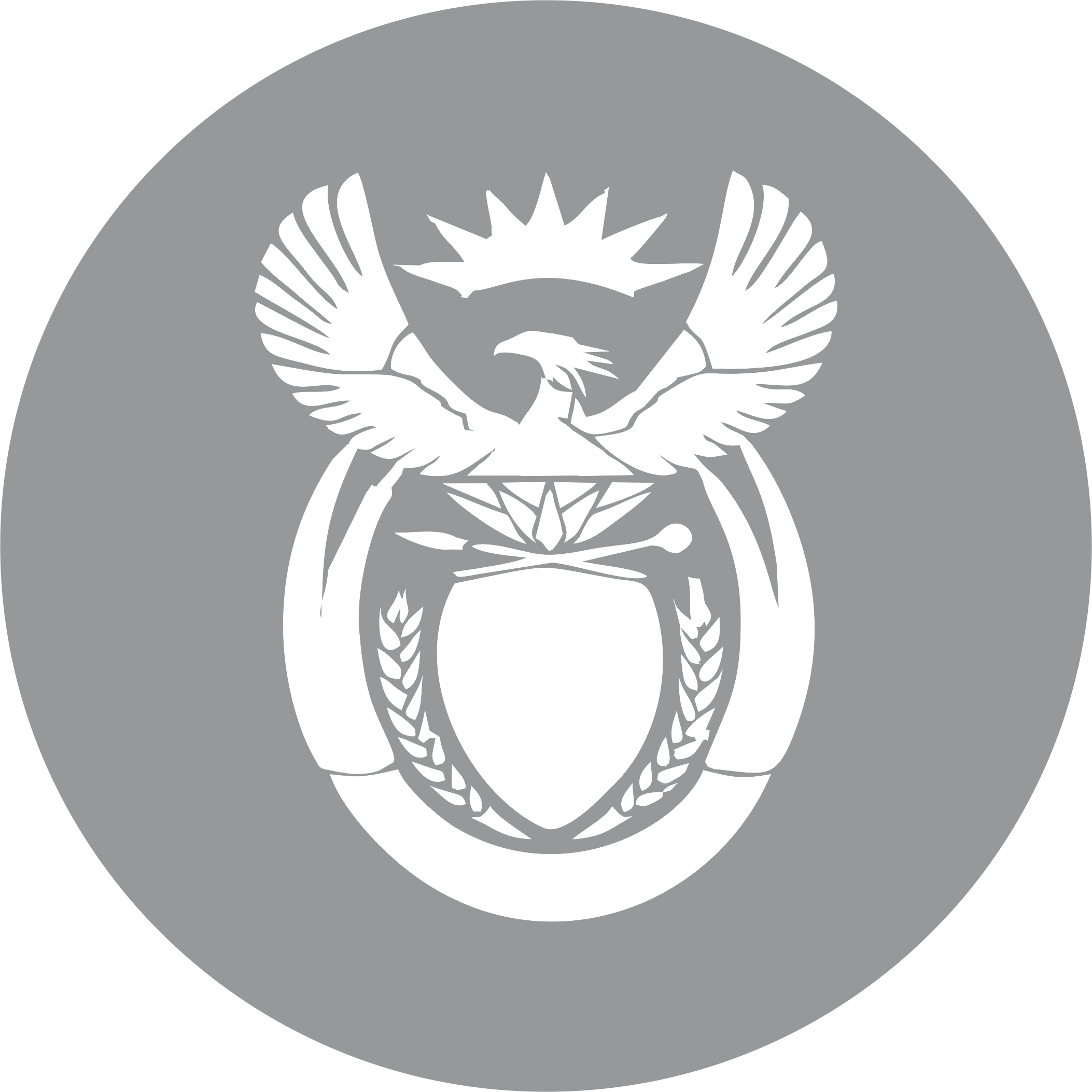
24 Nov Interview Procedures
Interviews will differ from one company to the next, but generally they follow the same format. Knowing what to expect before you arrive will help you feel a lot more confident, not get thrown by questions that you don’t know facts for and in coming across prepared and professional.
BEFORE THE INTERVIEW
Before you even get the interview, you want to be making a good impression.
- If you phone someone to make an appointment, make sure you have a pen and paper handy! You are asking for an interview, show a little confidence that you will actually be offered it!
- When taking down the details, make sure that you make note of who you will be seeing, their position in the company and the telephone number (in case you get lost or stuck in traffic en route). Ask how many people will interview you, and their positions in the company.
- Ask if there is a website address that you can research the company, and a job description that you can familiarise yourself with the vacancy.
- Ask if there will be any tests or assessments that you will be required to do.
- If you are taking time off work, ask how long the interview will take.
WHEN YOU ARRIVE FOR THE INTERVIEW
Your interview starts when you arrive in the reception area and start making an impression.
- Arrive on time and if you are running late, or may run late, phone and let them know.
- Do not take family and friends into the company with you- let them drop you and go to a coffee shop while you are at the interview.
- Switch your cell phone off before entering the building
- Fill out all applications forms you are given.
THE INTERVIEW
Like all things in life, an interview has a beginning, middle and an end!
- The Beginning:- In this section they will put you at ease and make small talk. They will ask you how you found the offices, discuss the weather and make other small talk. Breathe and enjoy this moment to get your confidence up.
- The middle:- is split into two sections- your CV and general questions.
- They will start by going through your CV and asking about where you stay, how you will get to work, how soon you can start, your knowledge of computer packages, your studies and then your career history. Assess your CV beforehand and see if there are any aspects that an employer may be concerned about and prepare answers. Are the offices far away from where you live? Are they asking for a qualification that you may not have yet? Next they will look at the jobs you have done, and always, why you have left them. Make sure that you have the dates that you worked for the various companies and make sure that you know the facts about the various jobs. Most important- make sure that the reasons you left jobs are put forward in a way that sells you. Remember, an employer will always empathise with another employer, and “see the other side of the story”, unless you can quantify and give examples of any wrong doing. (see previous newsletters on our blog that covers this in more detail.)
- Next are the general questions like me cover each week on our blog and face book. These questions will either relate to competencies like your ability to work to deadlines, deal with pressure, delegate and communicate- depending on the job. Or they will be general questions about your strengths, weaknesses, your family, future goals.
- The final section is generally about the job, and for any general questions. Take note about the job and ask questions. If you have done your research, you may be able to show off a little of the knowledge that you have gained about the company. Make sure that the questions you ask are about what you can do for the company, instead of what they can do for you. Once you have sold them on you for the job, then you can start negotiating. They are more likely to negotiate when they have make up their minds that you are perfect for the job, and less likely to even put you on the short list when they think that all you are interested in is getting the salary and taking annual leave.
TEST AND ASSESSMENTS
The golden rule today of going for interviews, is to tell the truth at all times. There are so many people out there misrepresenting themselves that you can bet that they will do a check or test to catch you out! The tests you can expect these days are computer tests, typing tests, driving tests, telephonic references (with people you may not have put on your CV), credit checks, industrial psychologist assessments, criminal checks and pre employment polygraphs. So, tell the truth upfront, because after you have failed the tests, it is too late to tell a different story!
FOLLOW UP
Leave the interview on a confident note, in control. Thank the interviewer for their time. Ask them when you can follow up with them on the success of the interview.
Go through the interview procedure and try and research all the possible information that you will need and questions that they will ask you. You will be amazed at how much more confident you feel!



